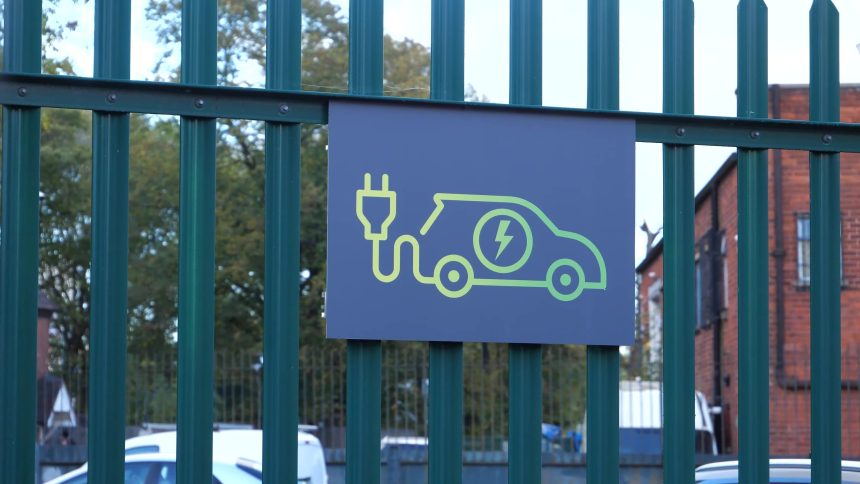New grants to accelerate the rollout of EV charging infrastructure have been seen as a ‘missed opportunity’ by industry

Provision for coaches and buses has been ignored in measures aimed at accelerating the rollout of electric vehicle (EV) charge points for education institutes.
Under the newly launched grants unveiled on 5 February and which fall under the Workplace Charging Scheme, state schools, nurseries, and other educational establishments are eligible to receive up to 75% funding for the costs of purchasing and installing EV charge points, with a cap of £2,500 per socket. It is aimed at encouraging schools to facilitate EV usage among staff and visitors.
The omission has been seen as a missed opportunity by some members of the industry, as external charging facilities present more realistic options than installation of depot charging infrastructure, which can run into the hundreds of thousands of pounds.
Marett’s Chariots operates five school runs that make up some 20% of its turnover. Director Anthony Marett sees the decision to omit coach and bus charging infrastructure from the grants as short sighted, saying: “We are light years away from coaches being electrified. The only way I see it happening — particularly for someone like me, who rents a yard, and isn’t going to spend £250,000 on a substation where we only have a five-year lease — is to use external charging facilities.
“Wherever electric charging points are put in, there should be facilities for large vehicles. If infrastructure must be put in for cars to charge, assuming it can be done on a similar.
power output, then it is a lost opportunity, especially bearing in mind how many coaches go into schools and could potentially charge up, providing the school with revenue while having more miles on their range.
Defending the decision to omit coach and bus infrastructure from the grants, a Department for Transport (DfT) spokesperson says: “We’ve invested £270m into the ZEBRA scheme which has delivered more than 4,000 zero-emission buses across the country, surpassing our target.
“Following on from this success, we’re engaging with industry on developing a zero-emission HGV and coach infrastructure strategy with more information being released in due course.”
The new funding, part of the broader Workplace Charging Scheme, is financed by DfT and is part of the government’s Plan for Drivers
Source: Route-one.net
